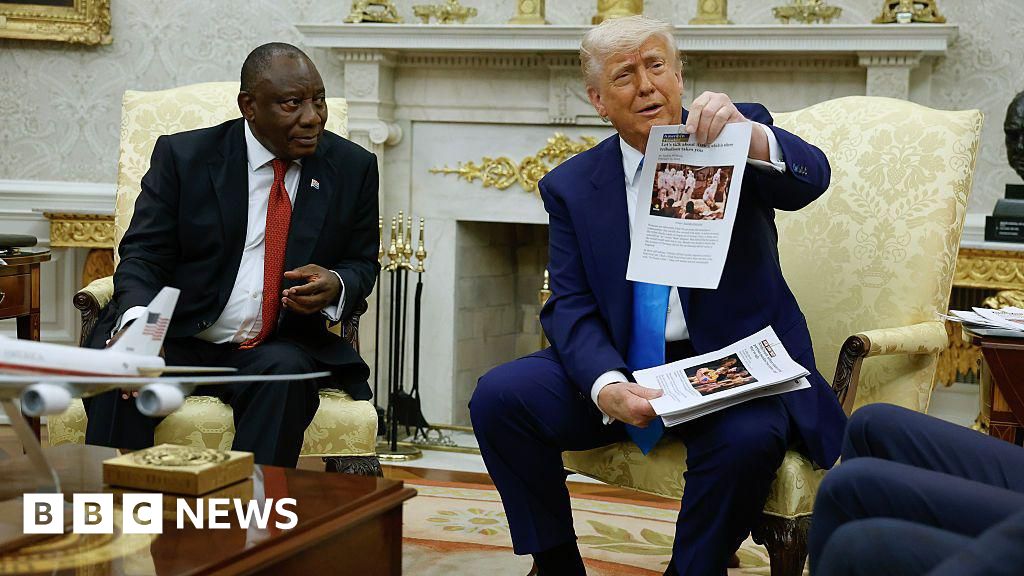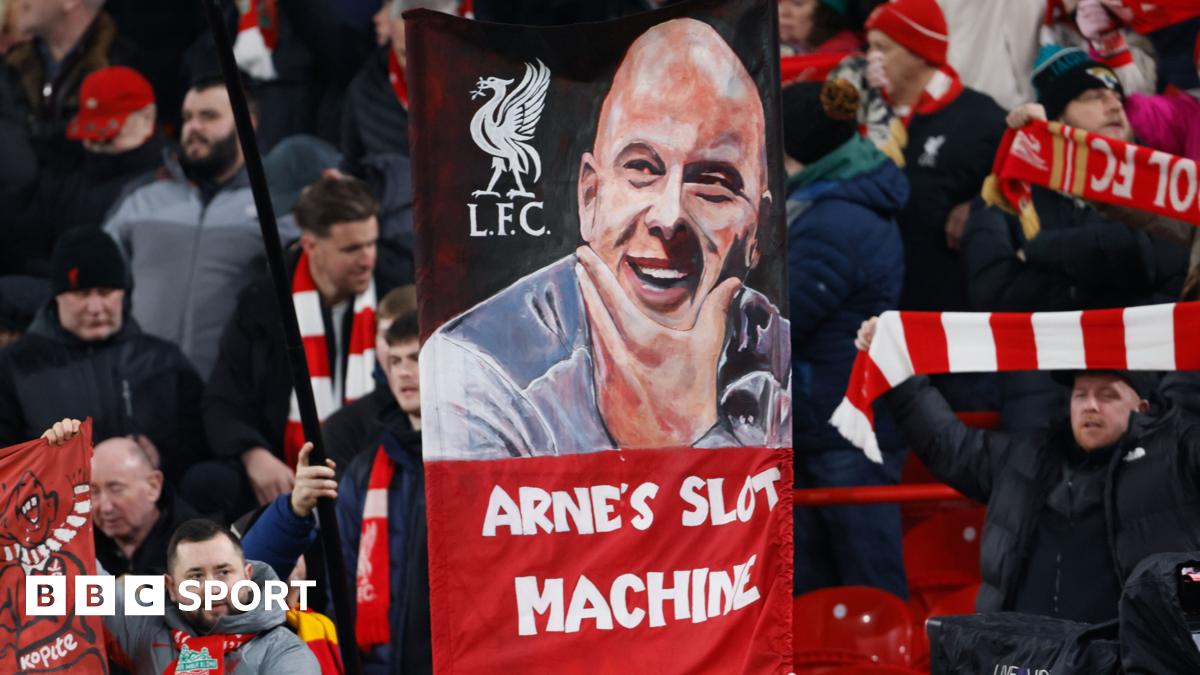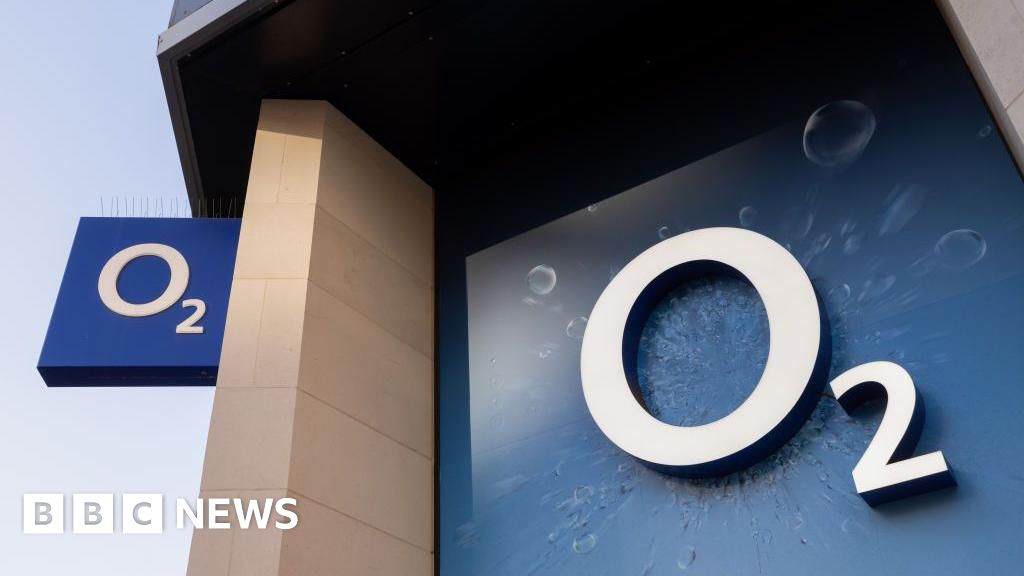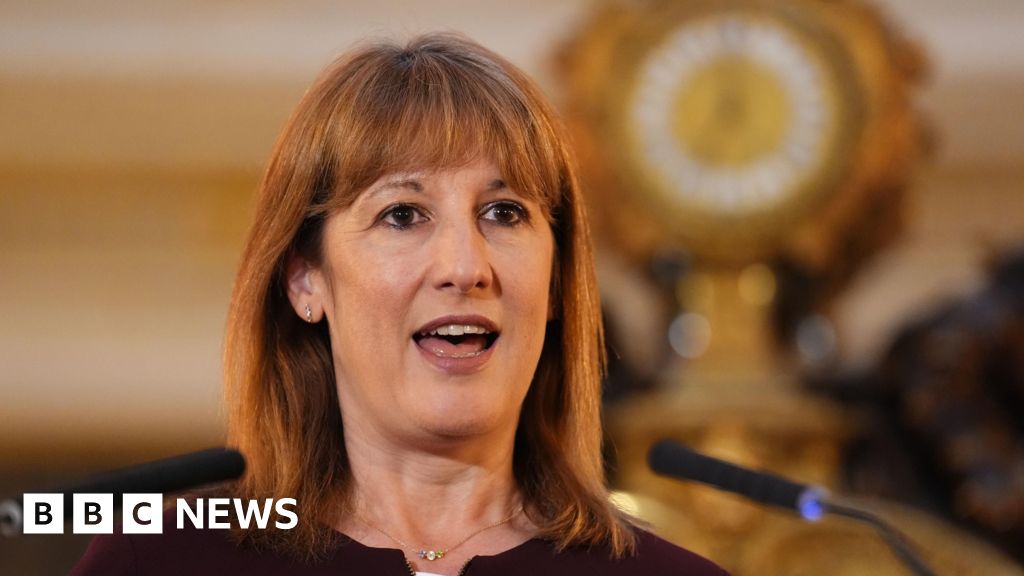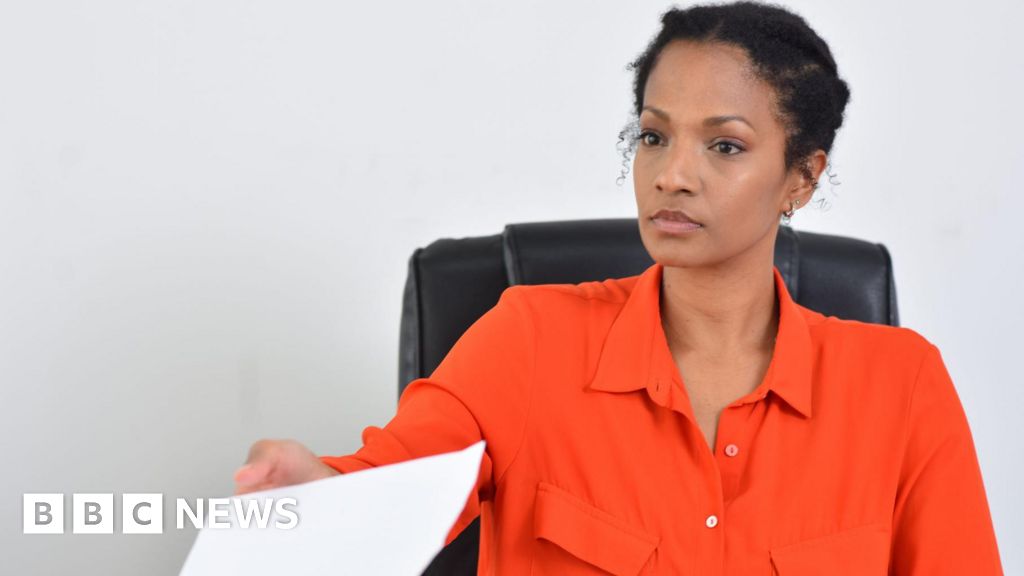
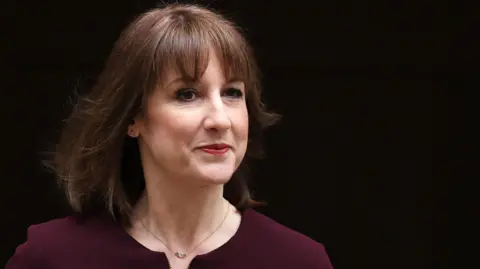 EPA
EPA
Two very different reports have reignited UK economic gloom over the past four days.
Friday's economic figures showed a further monthly dip in UK growth, or GDP, in May. Earlier this week the official forecaster, the Office for Budget Responsibility (OBR), said Britain faced "daunting" risks, including the possibility that levels of government debt could soar to three times the size of the economy.
Two very different timescales - the economy in a single month, and the public finances in half a century's time.
At another moment both might have been largely ignored. Monthly GDP figures are notoriously volatile, and what does a debt forecast for 2075 even begin to mean? What would the Treasury forecast from 1975 tell us about this year?
But these very different charts are setting the tone for some tricky judgements required by autumn and tough calls about what happens in the next half decade.
The really unusual thing about the OBR's long-term risk and sustainability report was the strength of the words from its boss Richard Hughes.
"The UK cannot afford the array of promises that are displayed to the public," based on reasonable assumptions about their cost and growth, he said.
The report also cited a pattern, over multiple governments, of U-turns on tax and spending changes.
It came within days of the government's reverses over welfare savings and the winter fuel payment.
Among 36 advanced economies, the UK now has the sixth highest debt, the fifth highest annual borrowing, and the third highest borrowing costs leaving it "vulnerable", when compared to other countries, to future crises, the OBR found.
The clear message was that repeatedly borrowing more is not a long-term solution to rising day-to-day spending pressures.

 Getty Images
Getty Images
The government has U-turned on changes to the winter fuel payment and disability payments
Yet the pressure to spend more may prove stubborn, thanks to geopolitical and societal changes.
The OBR's existing forecasts assume that the post-pandemic surge in incapacity and disability cases will fall half way back to normal by 2029.
This is very uncertain. Local councils are now spending 58% of their revenue on social care for adults and children, with some councils spending more than 80%.
A £4.6bn special financial arrangement to deal with ballooning special educational needs budgets risks mass local authority bankruptcy.
The promise to increase defence spending to the new Nato target of 3.5% will cost nearly £40bn per year by 2035.
Time to level
The OBR's report was basically a polite plea for some realism about the choices ahead.
A government with a massive majority and four more years would normally be expected to have the strength to make these sorts of decisions.
As pointed out before the last election, there was little attempt to level with the public, especially over taxation.
The big picture is that this autumn's Budget may see £10bn to £20bn of further tax rises.
On top of this, Trump's tariffs have triggered profound uncertainty. That has pushed up UK government borrowing costs. But they are also prompting a more fundamental shift in the foundations of the global economic system, with the dollar and US government debt no longer treated as unbreachable safe havens.
Kitchen sink Budget
So how might the chancellor respond to these challenges?
She may choose to rebuild the so-called "headroom" to give her a better chance of meeting her self-imposed borrowing limits. Currently that buffer is a very tight £10bn.
Reeves has said she will stick to her plans to not borrow to fund day-to-day spending and to get government debt falling as a share of national income by 2029/29, despite some concern from MPs.
But she is considering the International Monetary Fund's advice to only adjust her plans once a year, rather than in both spring and autumn.
But there may still need to be a kitchen sink approach to this autumn's Budget, with the chancellor throwing everything she has at fixing the public finances.

 Getty Images
Getty Images
The pledge to increase defence spending will cost nearly £40bn a year by 2035
Ministers have not abandoned the idea of finding savings in the health-related welfare bill.
A discussion is opening up about whether the Personal Independence Payment (Pip) benefit, designed to help pay for physical equipment, is the right vehicle to manage the specific surge in mental ill health.
On the other hand, while politicians acknowledge the cost of the state pension triple lock is far higher than originally forecast, that policy seems to be utterly politically impregnable.
Netting revenue
So we are heading for significant tax rises. The expected further freeze on income tax thresholds will not be enough.
The noise around wealth taxes points to property and inheritance taxation, as baby boomers start a mass transfer of trillions of pounds of housing equity to their children.
Expect the Treasury to think very hard about what size of net it might lay in the water to ensnare bountiful revenues, aimed at funding the costs of an ageing society without levying that burden entirely on working households.
Of course the great hope is the return of robust economic growth to smooth the way.
Reeves' fiscal rules have left space for longer term investments in infrastructure, although the planning reforms will take some time to yield a construction boom. The UK's position as a comparatively stable island in a sea of trade tumult, should also yield dividends.
Some of the world's most important business people, such as Jensen Huang of Nvidia, were falling over themselves to praise the UK's investment potential for frontier tech.
The very latest economic news does contain some perking-up in levels of confidence over the past few weeks, and more interest rate cuts are on the way.
Some City economists say the gloom is overdone and we are "past the worst". UK stock markets and sterling remain strong.
So that is the long-term challenge laid down by the OBR, balance the books and boost the economy.
A government that should still have four years of a thumping majority has the necessary power, but the past month has raised concerns about its authority.

 3 months ago
88
3 months ago
88



